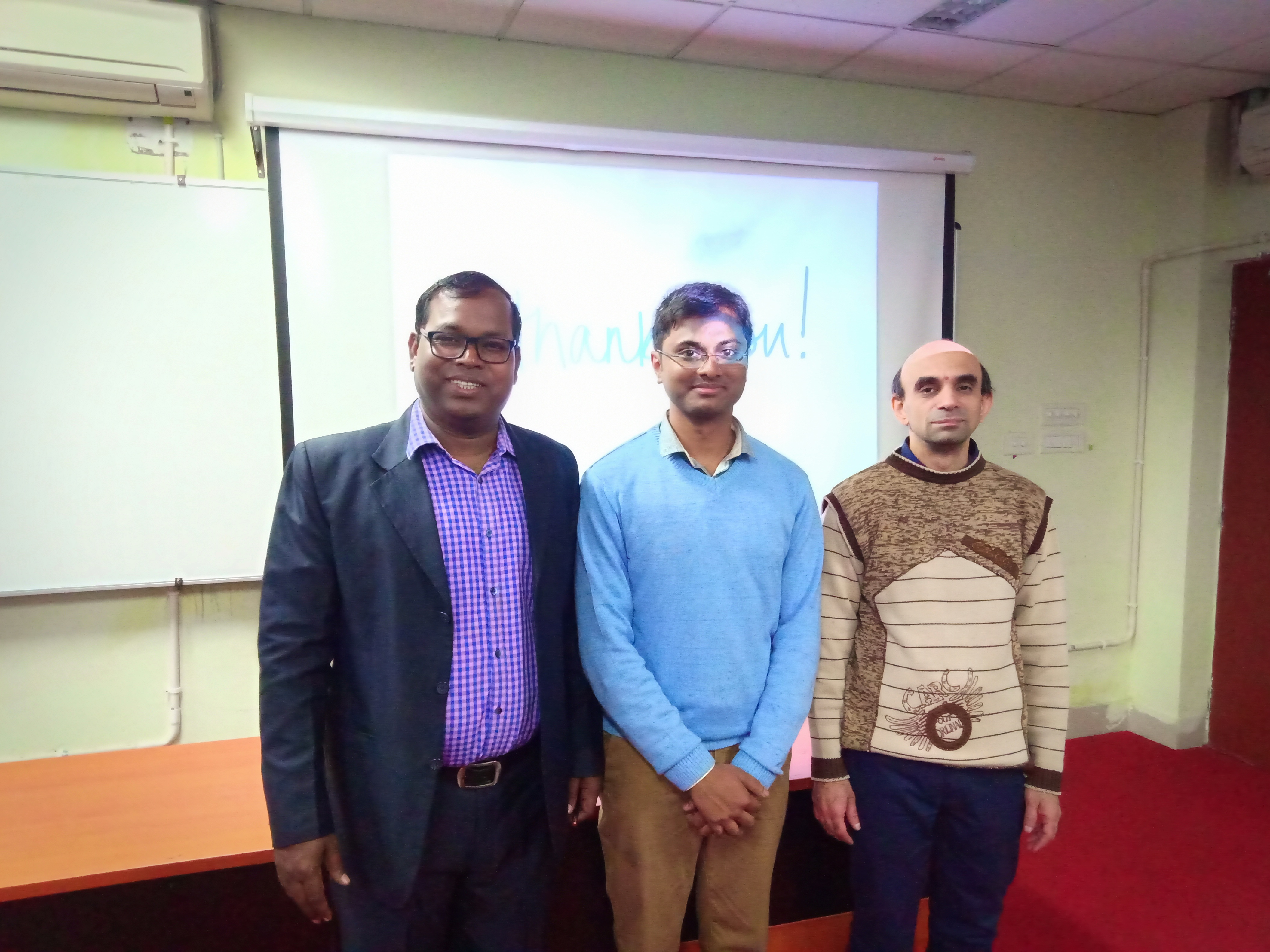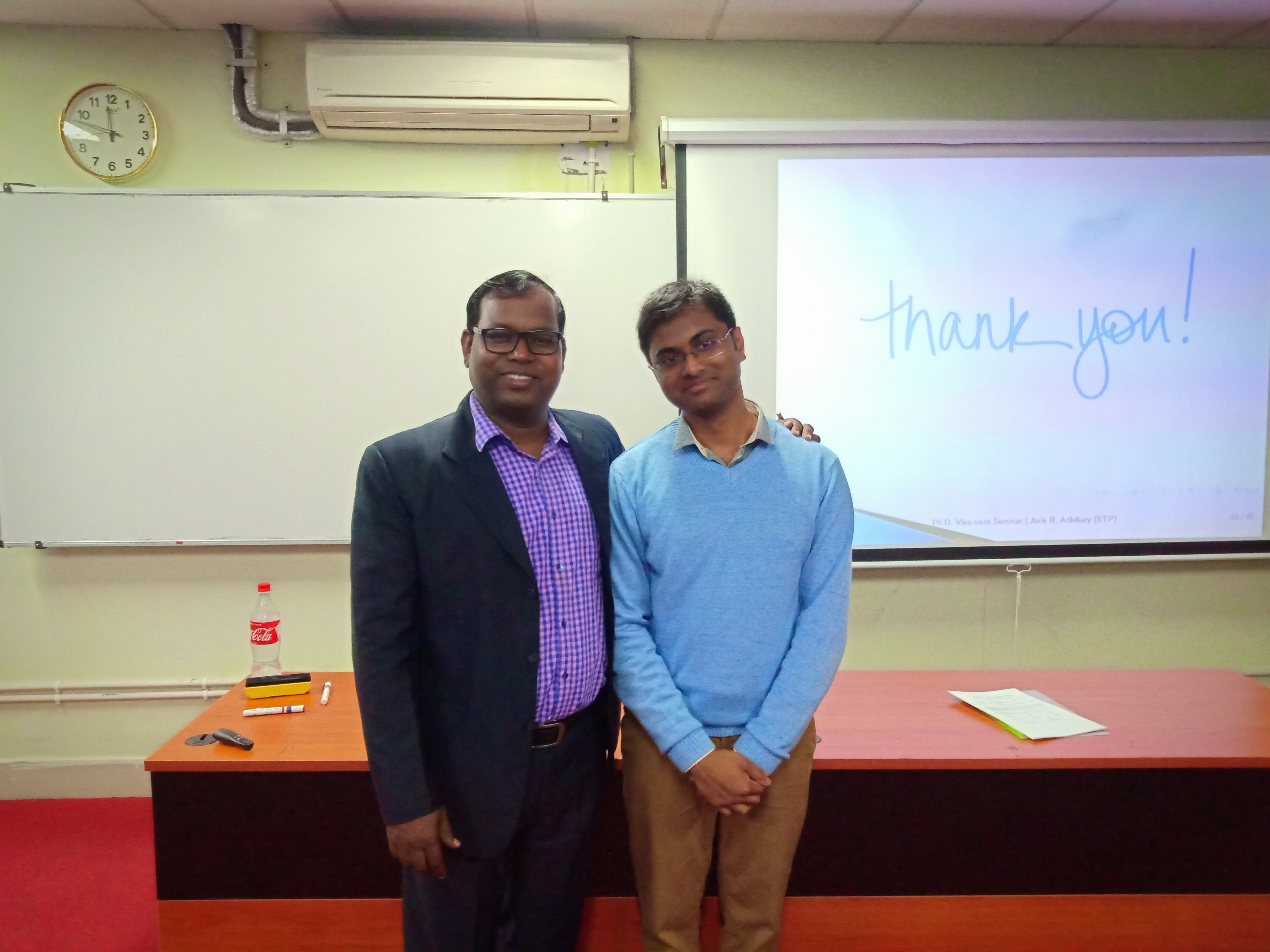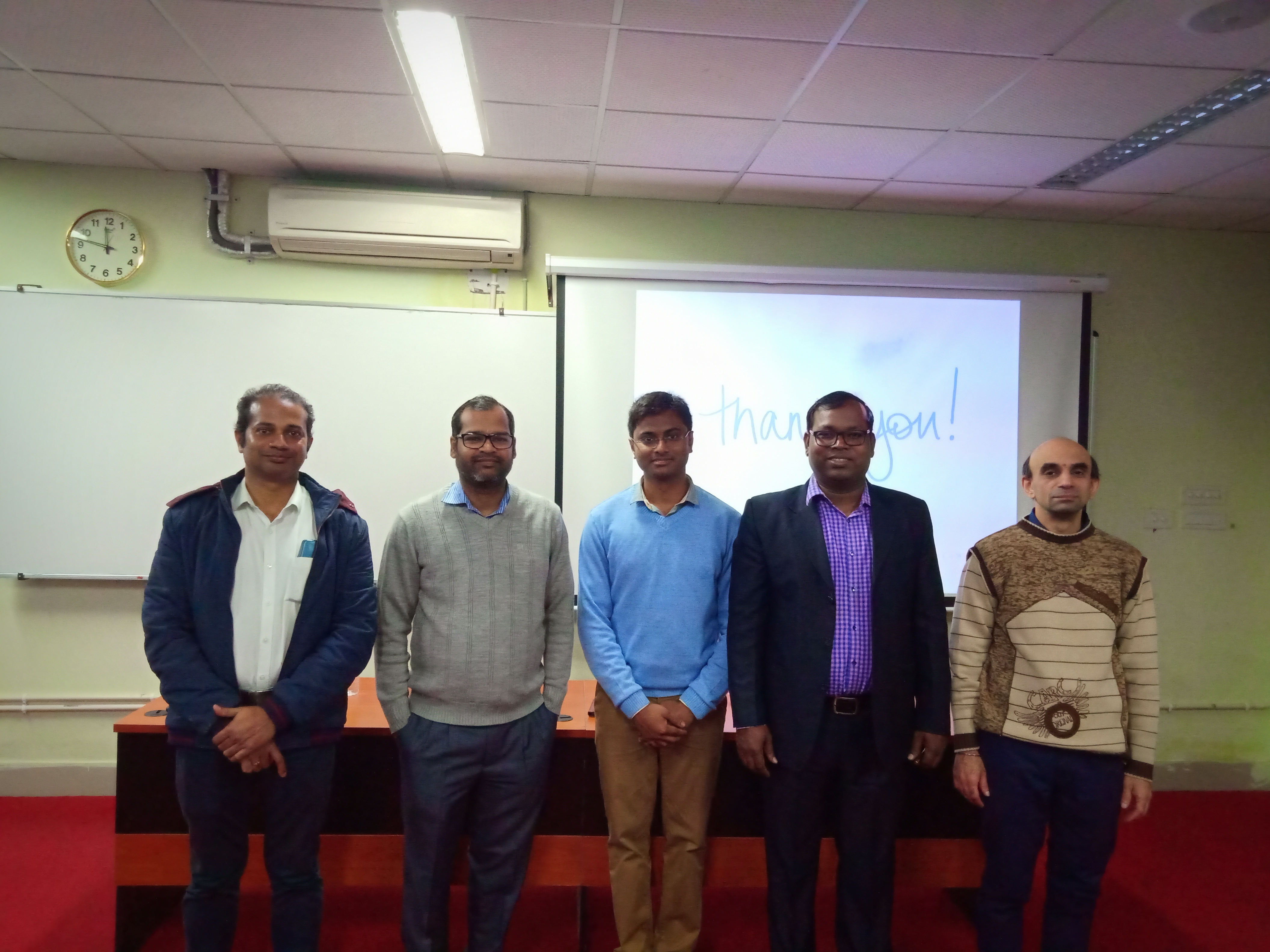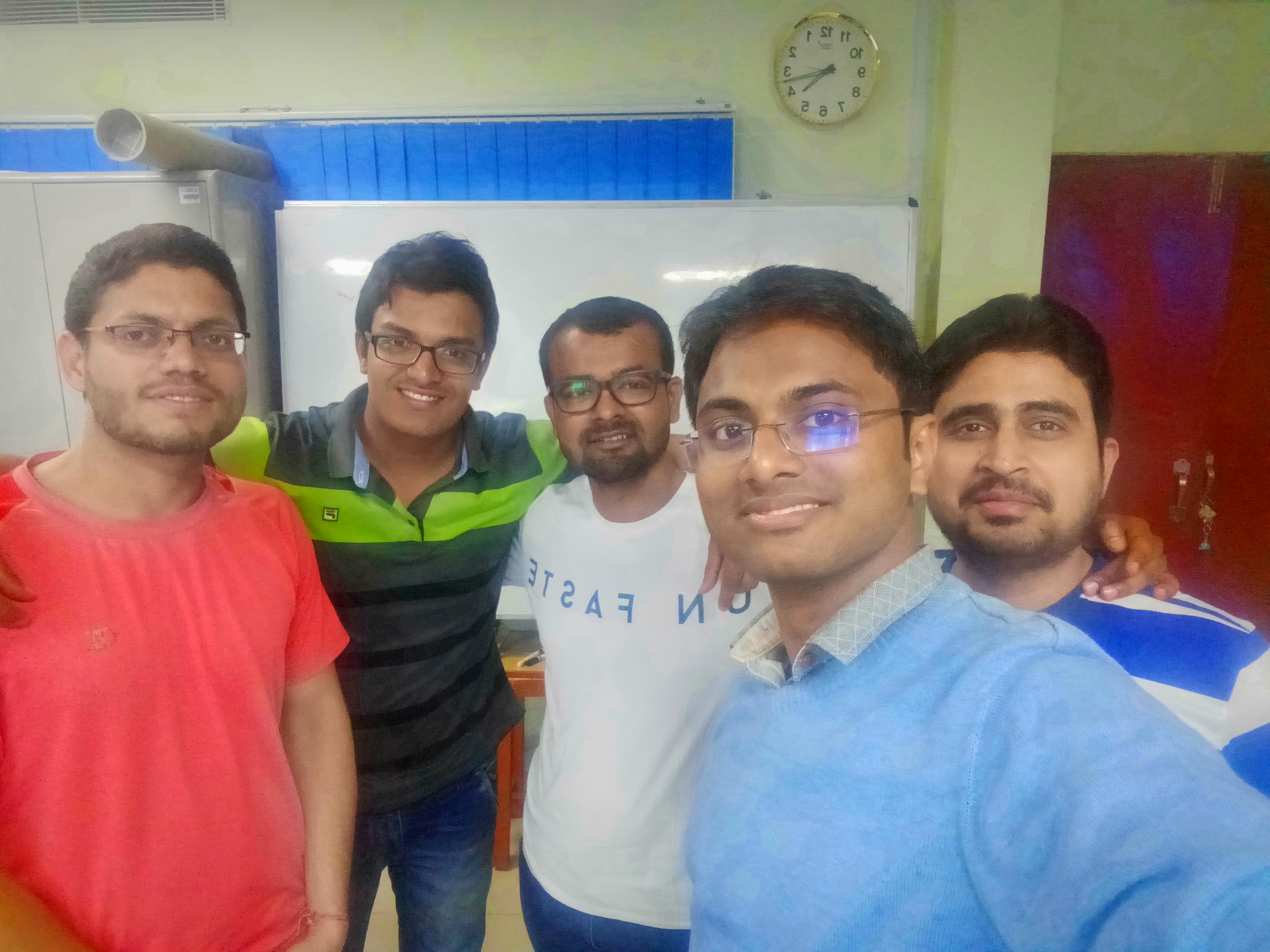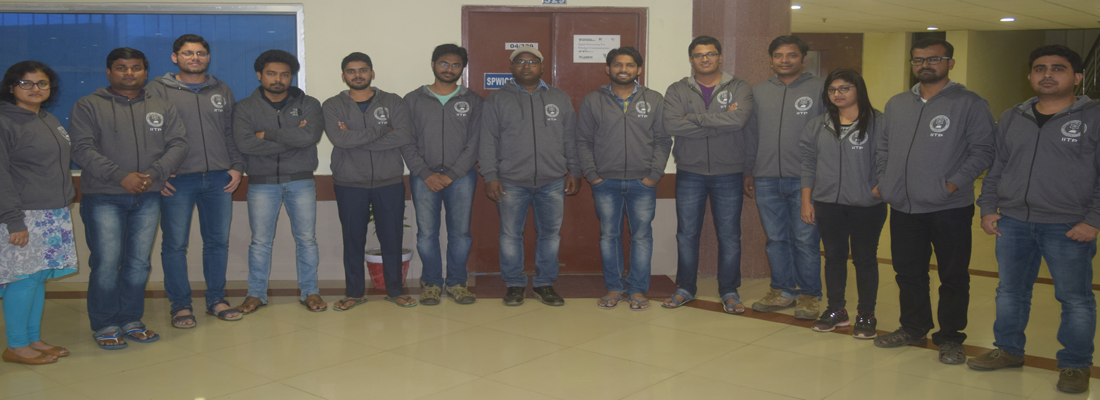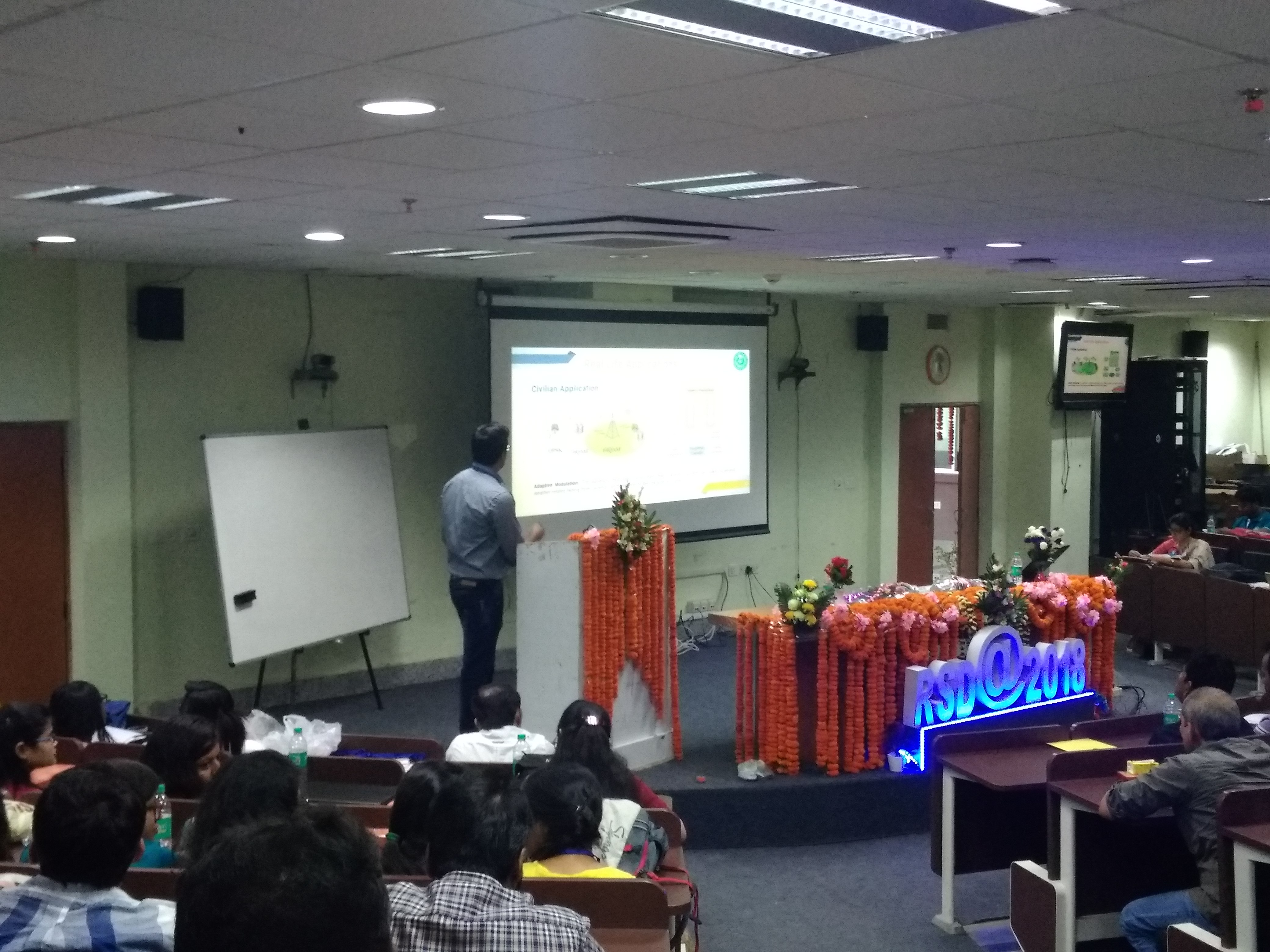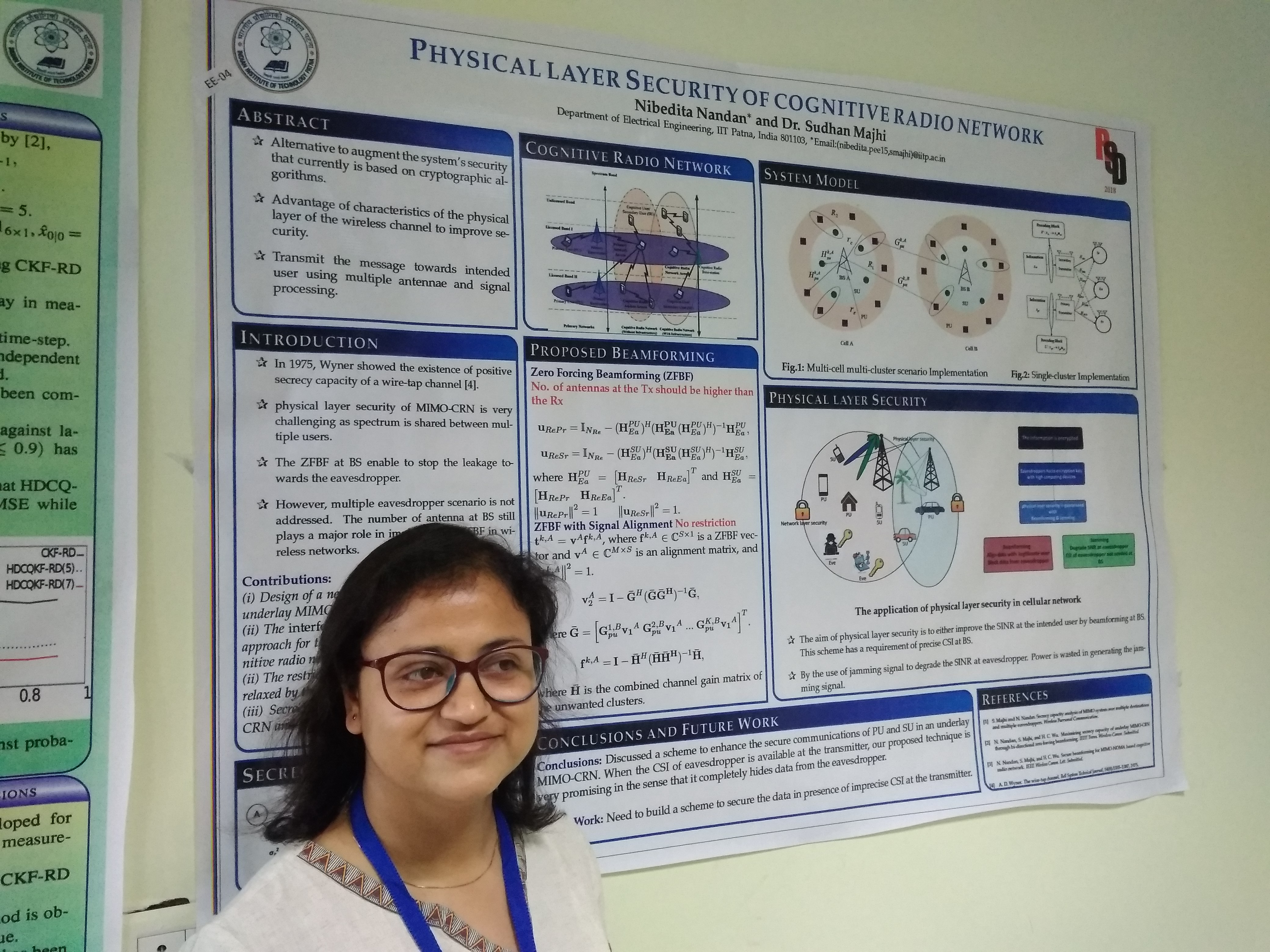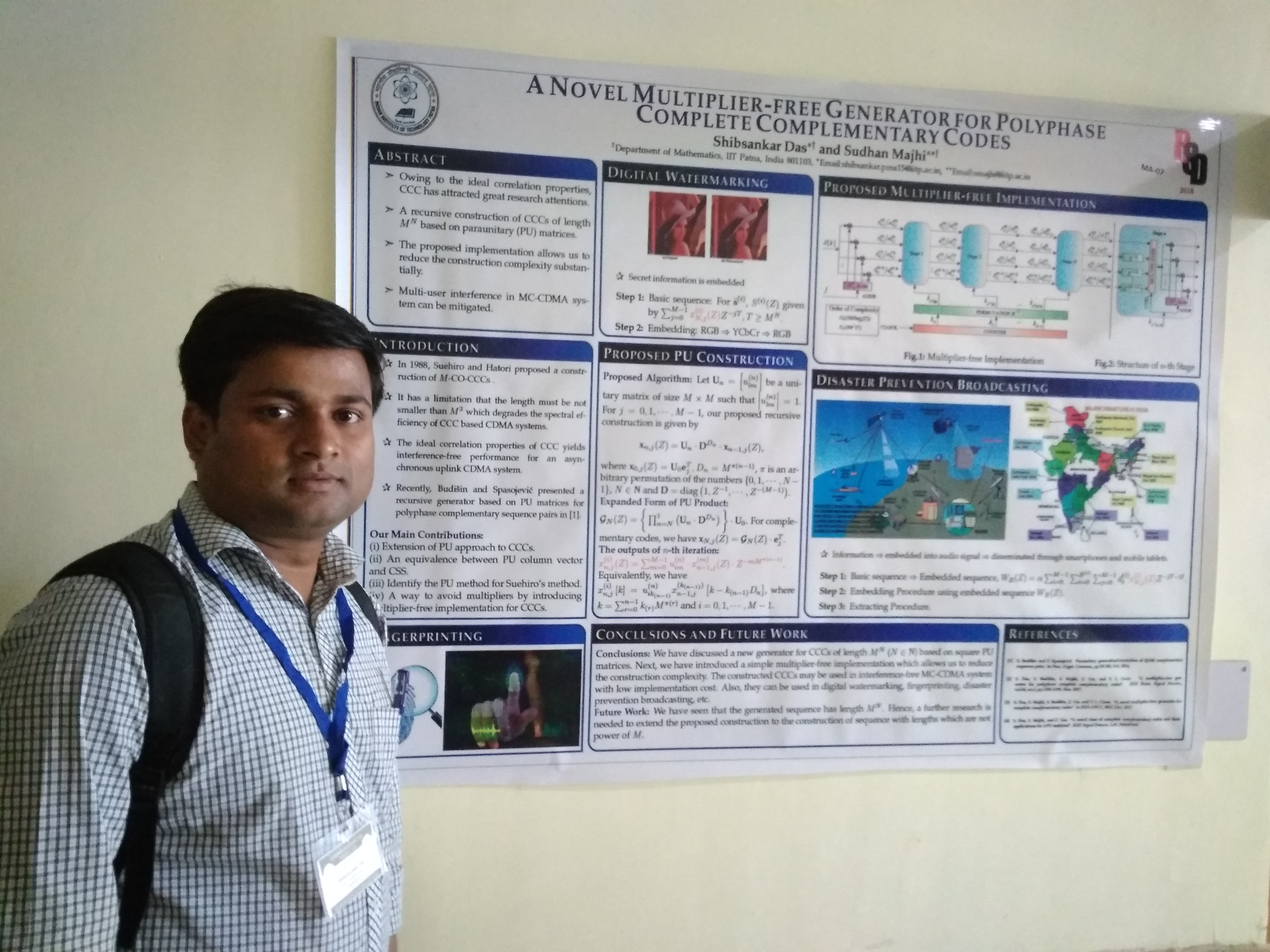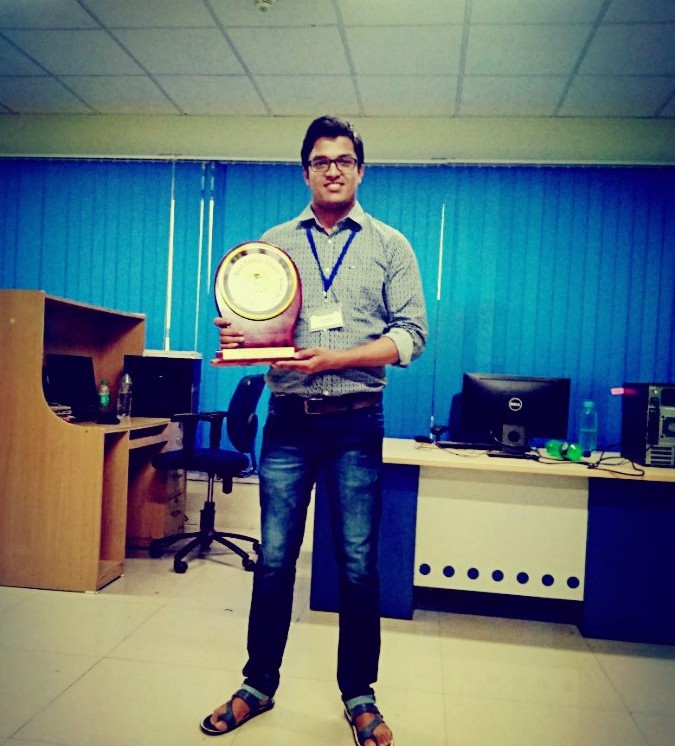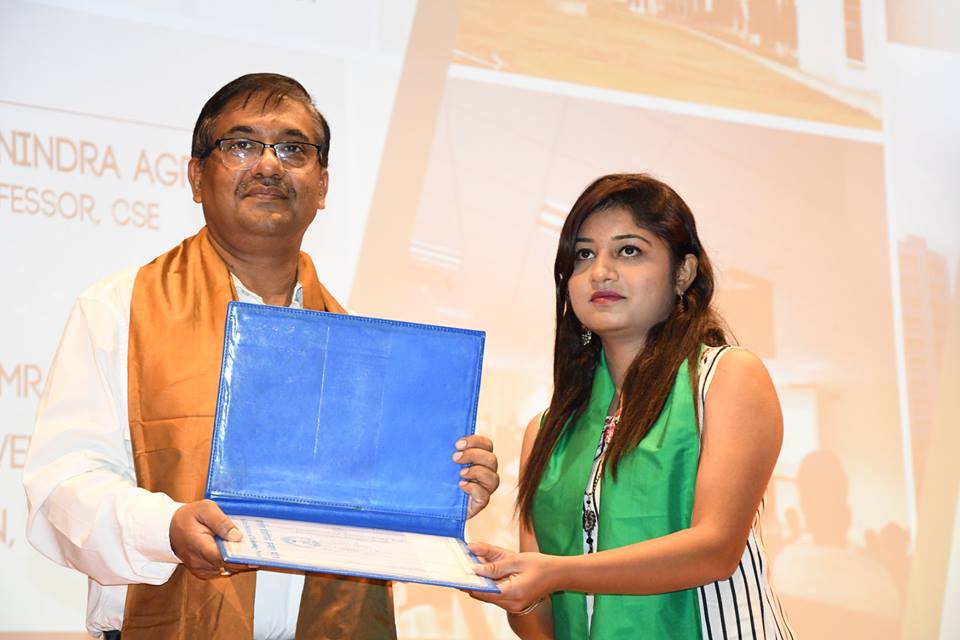The group is working towards to design and implement of blind wireless receiver (BWR) including symbol timing offset (STO) estimation, carrier frequency offset (CFO) estimation and modulation classification, performance analysis of cooperative communication, secrecy capacity analysis of cooperative communication in the presence of cognitive radio and designing of orthogonal or near orthogonal signal for wireless communication.
In next generation wireless communication spectrum crisis will be the primary issue. Despite the shortage of spectrum, huge amount of spectrum is used just to transmit redundant data or training sequences and thus immense portion of allocated spectrum is not utilized by desired users. The most effective way to overcome this is to design a BWR for communication systems. We are trying to design a BWR which increases the spectrum efficiency of communication systems without using redundant data or training sequences. The BWR can also work as a universal receiver by receiving different standard signals through a single receiver.
The idea of BWR is not only limited to the theoretical studies but it also provides a practical aspect to the system. So our lab is equipped with modern RF hardware to design and implement BWR and cognitive radio. The research group has already set up a BWR for single carrier signal and working on to implement a testbed for orthogonal frequency division multiplexing (OFDM), multiple input and multiple output (MIMO), MIMO-OFDM, single carrier- frequency division multiplexing (SC-FDMA) and multi-carrier cone division multiplexing (MC-CDMA).
While designing BWR for multi carrier signal, the most difficult part is of implementing blind timing and blind frequency synchronization at the receiver, getting accuracy of them is a more challenging task. Currently, group members are developing a non-Gaussian approximation algorithm to get a closed form solutions of synchronization problem. Another group is looking up an iterative method to estimate STO and CFO accurately.
Cooperative communications, a promising technology for wireless transmissions, have taken a lot of attention in recent few years. However, they become vulnerable by the eavesdropper due to the multi-hop communications. A group is working to protect data from the eavesdropper by physical layer networking coding. The secrecy capacity and secrecy outage capacity are being investigated in the different channel scenarios to enhance the security to the legitimate users. The group is also investigating how secrecy capacity can be applied in a cognitive radio networking.
Another objective of this group is to apply algebraic approach of designing orthogonal and semi-orthogonal sequences (code) for wireless communication. A group is working on how a sophisticated code such as Golay complementary pair (GCP), complementary sequence set (CSS), quasi-complementary sequence set (QCSS ), and low correlation zone (ZCZ) can be constructed to use for quasi asynchronous MC-CDMA and SC-FDMA-CDMA systems. The group is also working how these sequences can be used for STO and CFO estimation.
